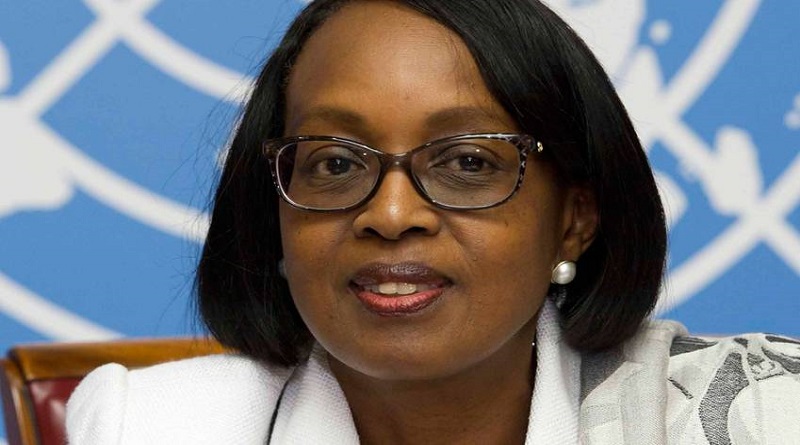African region to launch pioneer health investment charter
A pioneering health investment charter, a first for the African region, is set to be launched at the African Health Workforce Investment Forum which will take place in Windhoek, Namibia from 6 – 8 May 2024. Key stakeholders will gather to consolidate efforts to drive up investment to counter critical health worker shortages.
With a bold target of halving Africa’s critical 5.3-million health workforce shortage by 2030, the African Health Workforce Investment Charter will mobilize and align domestic and partner funding to strengthen, grow and retain the continent’s health workforce, especially in rural and primary health care settings.
“Africa’s health worker sector is at a crossroads. The underinvestment in training and employing health workers, coupled with inadequate incentives to retain the workforce, has resulted in unfortunate levels of migration, both within and out of the continent.” says Dr Matshidiso Moeti, WHO Regional Director for Africa. “It is time to urgently invest more and in smarter ways in our health workforce. Our future depends on it.”
Addressing the gaps necessitates a continent-wide increase in Gross Domestic Product (GDP) expenditure on health of up to 1.5%, with more than half of that dedicated to health workforce investment specifically.
Despite a 13% improvement in efficiency between 2014 and 2019, African health systems remain only 77% efficient. In effect, this means that about US$1 in every US$5 spent on health is lost to technical inefficiencies, including health workforce management. This plays a significant role in the existence of ghost workers on payrolls, absenteeism and sub-optimal performance, for example.
At the upcoming forum, stakeholders will discuss the progress made in health workforce strengthening over the last 10 years and hammer out the details of new strategies to, among other things, protect health workforce budgets, address recurrent costs, and bolster investments amid existing domestic and global economic challenges, and debt concerns.
The forum will also engage multisectoral stakeholders and partners on their experiences and achievements, and mobilize commitments, partnerships and investments to deliver on the principles and actions enshrined in the investment charter.
Investment in the health workforce has multiple returns for health and economies, increasing life expectancy and job creation, especially benefiting women and young people, while accelerating countries towards the achievement of the Sustainable Development Goals and Universal Health Coverage.
For every US$1 invested in health and sustaining the jobs of health workers, the potential return is as much as US$9. It has also been demonstrated that half of all economic growth globally over the past decade resulted from improvements in health, noting that for every added year of life expectancy, the economic growth rate is boosted by 4%.
About 170 participants are expected to attend the forum, including policy makers from the health, education, labour/employment and finance sectors, along with partners from civil society financing, bilateral and multilateral institutions.



